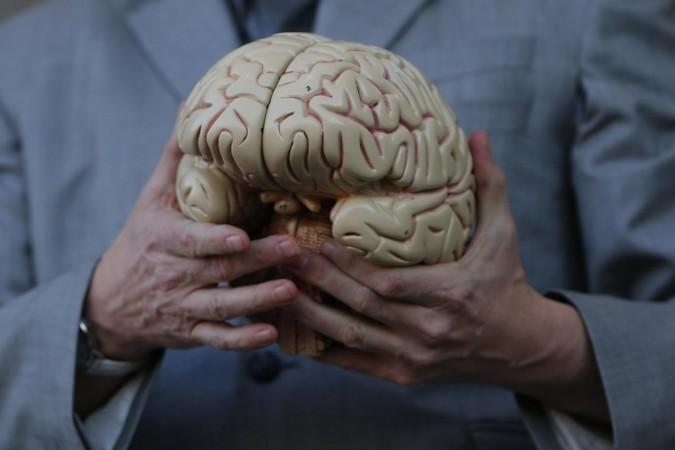People with dementia, particularly Alzheimer's disease are at threefold risk of dying as a result of infection by SARS-CoV-2, the virus behind Covid-19, according to a study by Brazilian researchers.
The risk is six times greater if they are over 80, found the team at the University of Sao Paulo (USP) and Butantan Institute in partnership with colleagues at the Federal University of Rio de Janeiro (UFRJ).

"We found that all causes of dementia are risk factors for severity and death in Covid-19 and that these risks are more pronounced for Alzheimer's patients," Sergio Verjovski-Almeida, principal investigator for the project and a professor at USP's Chemistry Institute, told Agencia FAPESP.
"Some factor that hasn't yet been identified increases the predisposition of Alzheimer's patients to progress to severe Covid-19 and die from the viral disease," Verjovski said. "The results of our study point to a need for special attention to these patients when hospitalised."
The findings are published in Alzheimer's & Dementia: The Journal of the Alzheimer's Association.
For the study, the researchers investigated data on positive diagnoses, hospitalisations and deaths from Covid-19 for a cohort of 12,863 patients over 65, who tested positive or negative for Covid between March and August 2020. They were classified into three age groups: 66-74 (6,182), 75-79 (4,867), and 80-86 (1,814).
Dementia
Statistical analysis showed that all causes of dementia, especially Alzheimer's, were risk factors for severity of the disease and death in the case of hospitalised patients, regardless of age.
A possible explanation is that chronic inflammatory conditions or defective immune responses due to ageing of the immune system (immunosenescence) may increase the vulnerability of these patients and reduce their capacity to mount an effective response to infection by the virus.
Another hypothesis is that Alzheimer's alters the permeability of the blood-brain barrier, making infection of the central nervous system more likely, the researchers said.

















